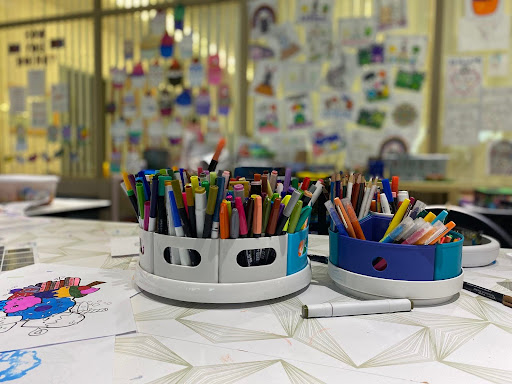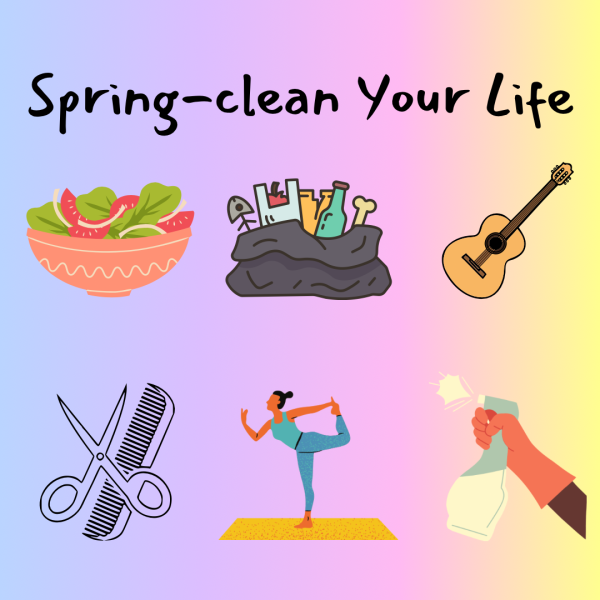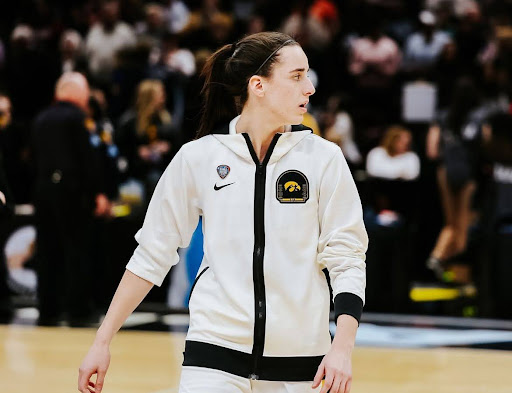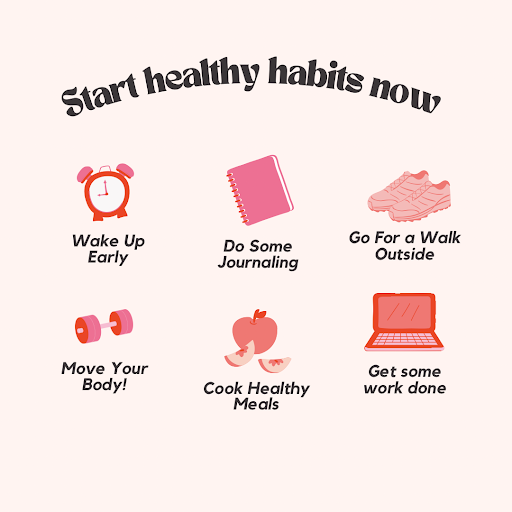Solon High School’s competitive nature is toxic

January 11, 2023
When students arrive at SHS their freshman year, they are sent to an orientation to discuss what they should expect in their four years of high school. In this orientation, they are told to challenge themselves but attempt to keep a balanced schedule that is right for them. This presentation is not meant to be overwhelming, rather encouraging students to do their best.
Unfortunately this is when students start to subconsciously compare themselves. The competitiveness begins with questions like “What classes are you taking?”, “You’re not taking any AP classes?”, “Do you have a study hall?” etc. These questions can be detrimental to students because students might start to feel as if they aren’t good enough. Or students feel like they aren’t challenging themselves enough even though they had a meeting with their counselors and created a well rounded schedule that both the student and guidance counselor agreed on. What students don’t understand is how this competitive nature is toxic and creates a negative mindset.
Solon High School is known for being a competitive school, but it is important to address that Solon is significantly more competitive than other schools. I believe that the competitiveness is rooted in SHS culture, unlike other schools taking harder classes is what models your level of smartness here.This is one of the main reasons why students feel they need to take harder classes and then ultimately fail.
It’s human nature to be curious, especially when it comes to speaking with friends or acquaintances. If you are asking questions about what classes someone is taking, first ask yourself why you are asking these questions. Is it to compare yourself to someone else or just out of genuine curiosity? If you determine that you are asking these questions in order to compare yourself you shouldn’t ask, and if this is genuine curiosity you should think why it is second nature to automatically want to know someone else’s grades and how that information can benefit you.
Another common detrimental question that is asked among students at SHS is “What did you get on that test?” This question is negative because it can make students feel discouraged and embarrassed– it can even cause students to lie about what grade they received. Everyone has a personal opinion and standards for themselves, and that is why they adhere to this competitive nature. They want to compare themselves to someone who may have a completely different standard than themselves.
The second problem with this question is that students may try to avoid answering by saying things like “I didn’t do my best,” and then students still persist and continue to ask, which then makes students feel pressured, and if they are insecure about their grade they turn to lying. Sometimes students ask other students’ grades with the intention of making themselves feel better because in their opinion they did poorly on their test and wanted to see if it was just them or their peers did poorly too.
In order to avoid hurting students academically, students should do their best not to ask other students what grade they received on a test, or if they do, and students respond with “I did really bad,” the student asking should be satisfied with that answer. Overall, SHS’ competitive nature is rooted in insecurity and curiosity. Whether students’ questions have good intentions or ill intentions, these questions can be hurtful to their peers, so the next time you think of asking questions, think about the harm that it can cause to another person.











